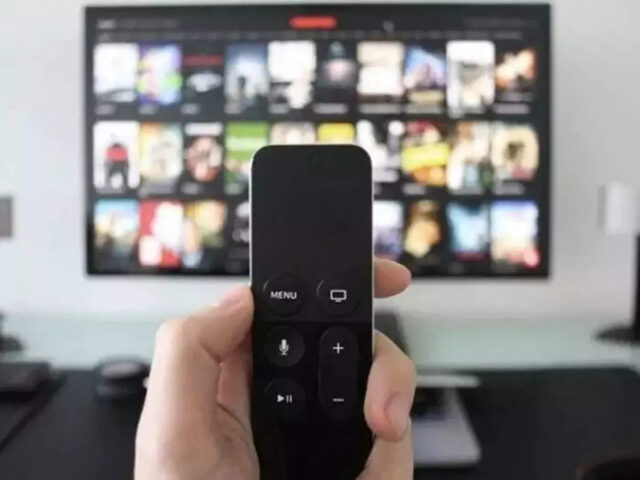The Indian Broadcasting and Digital Foundation (IBDF) approached TDSAT after the Supreme Court directed it to challenge the recent amendments to broadcast tariff regulations before the tribunal. Earlier, the Kerala High Court had dismissed IBDF’s petition, stating that TDSAT was the appropriate forum for the matter.
The contentious regulation requires broadcasters to either make channels free across private distribution platforms if they are free on DD Free Dish or withdraw them from DD Free Dish to retain their pay channel status.
In its petition, IBDF argued that DD Free Dish cannot be equated with other distribution platform operators (DPOs) as it does not charge consumers a subscription fee, unlike private DPOs that do.
Previously, the Kerala High Court directed TRAI not to take coercive action against broadcasters for failing to publish RIOs under the amended regulation. The All India Digital Cable Federation (AIDCF), DTH operators (Tata Play, Dish TV, Airtel Digital TV, and Sun Direct), and Prasar Bharati had also filed impleadment applications before the Kerala High Court to join the case.
In its August 14 petition, IBDF expressed concerns that TRAI’s stringent conditions could reduce channel reach. Broadcasters may be forced to either withdraw their channels from DD Free Dish or make them Free-to-Air (FTA) on other DPOs, excluding them from pay channel bouquets.DPOs have long claimed that broadcasters unfairly charge for channels that are free-to-air on DD Free Dish. Over 15 pay channels from various genres are currently available on the platform.TRAI and DPOs maintain that the tariff regulation applies only to TV broadcasters and not to DD Free Dish. DPOs also argue that while DD Free Dish operates as a commercial platform, it differs from private operators as it does not charge subscription fees to consumers.



































